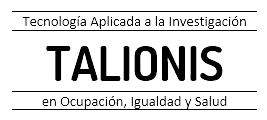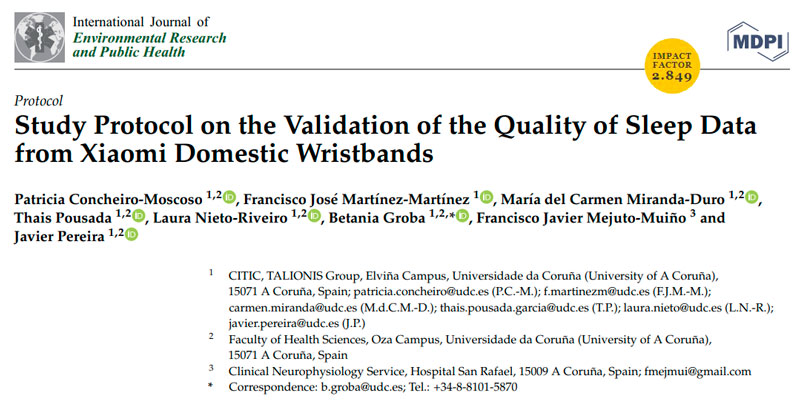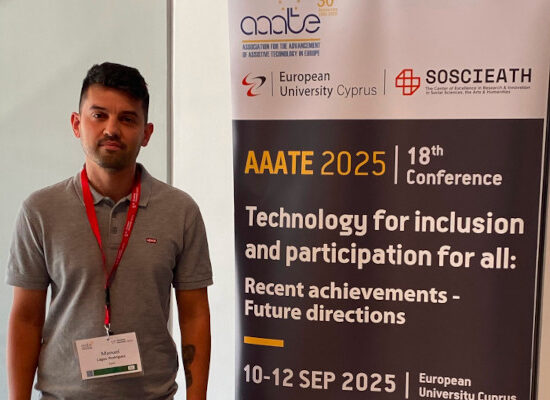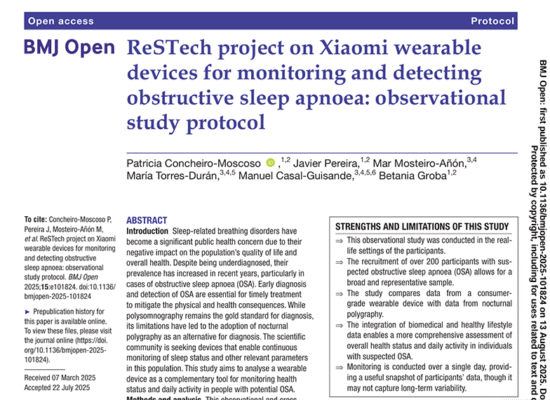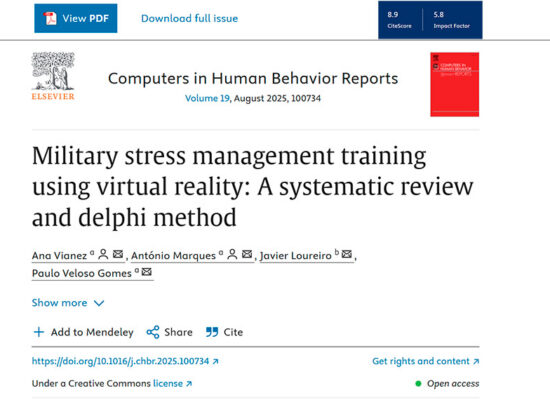Int. J. Environ. Res. Public Health 2021, 18(3), 1106; https://doi.org/10.3390/ijerph18031106
(1) Background: Sleep disorders are a common problem for public health since they are considered potential triggers and predictors of some mental and physical diseases. Evaluating the sleep quality of a person may be a first step to prevent further health issues that diminish their independence and quality of life. Polysomnography (PSG) is the “gold standard” for sleep studies, but this technique presents some drawbacks. Thus, this study intends to assess the capability of the new Xiaomi Mi Smart Band 5 to be used as a tool for sleep self-assessment. (2) Methods: This study will be an observational and prospective study set at the sleep unit of a hospital in A Coruña, Spain. Forty-three participants who meet the inclusion criteria will be asked to participate. Specific statistical methods will be used to analyze the data collected using the Xiaomi Mi Smart Band 5 and PSG. (3) Discussion: This study offers a promising approach to assess whether the Xiaomi Mi Smart Band 5 correctly records our sleep. Even though these devices are not expected to replace PSG, they may be used as an initial evaluation tool for users to manage their own sleep quality and, if necessary, consult a health professional. Further, the device may help users make simple changes to their habits to improve other health issues as well. Trial registration: NCT04568408 (Registered 23 September 2020).
The research team will bear all the economic costs involved in the study, with the support of the CITIC, as Research Center accredited by Galician University System that is funded by “Consellería de Cultura, Educación e Universidades from Xunta de Galicia,” which provided 80% of funds through ERDF Funds, ERDF Operational Programme Galicia 2014-2020, and the remaining 20% was provided by “Secretaría Xeral de Universidades [Grant ED431G 2019/01]. Moreover, Patricia Concheiro-Moscoso obtained a scholarship [Ref.ED481A-2019/069] and María del Carmen Miranda-Duro [Ref.ED481A 2018/205] gained a scholarship to develop a Ph.D.
